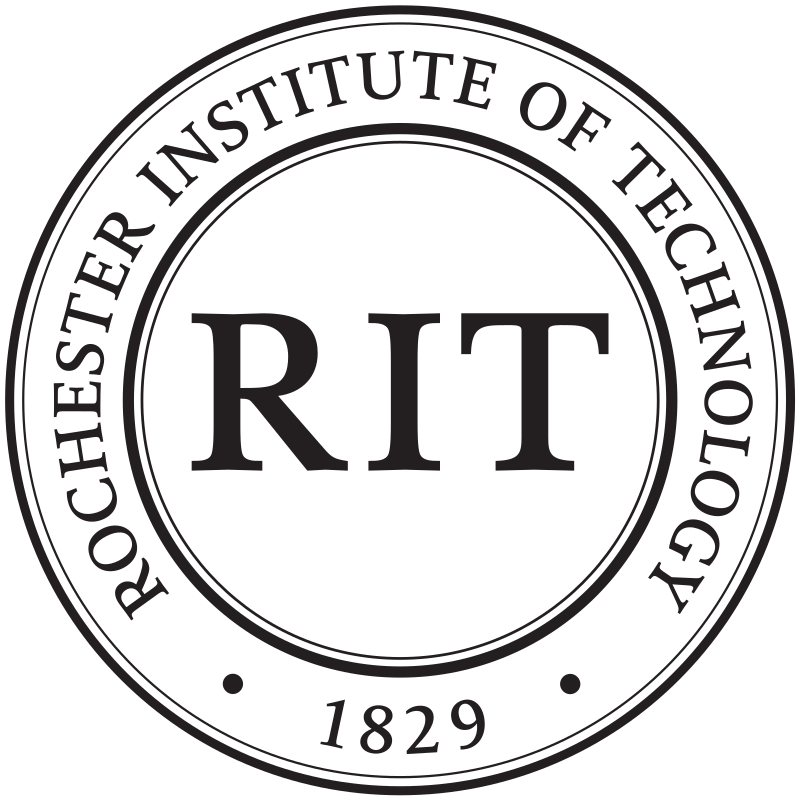
Foreign Education Consultants
Typically replies within minutes
Foreign Education Consultants
Hi There,
How can I help you?

Foreign Education Consultants
Typically replies within minutes
Foreign Education Consultants
Hi There,
How can I help you?
Get university recommendations.
Create SOP for free
Direct university communication
Track your application
Online payments
Don't have an account?
Get university recommendations.
Create SOP for free
Direct university communication
Track your application
Online payments
Already have an account?
Get university recommendations.
Create SOP for free
Direct university communication
Track your application
Online payments
Got your password?

Application Fee
Human-computer interaction addresses the design, evaluation, and implementation of interactive computing and computing-based systems for the benefit of human use. HCI research is driven by technological advances and the increasing pervasiveness of computing devices in our society. With an emphasis on making computing technologies more user-friendly, HCI has emerged as a dynamic, multifaceted area of study that merges theory from science, engineering, and design—as well as concepts and methodologies from psychology, anthropology, sociology, and industrial design—with the technical concerns of computing.
The human-computer interaction master's degrees provides the knowledge and skills necessary for conceptualizing, designing, implementing, and evaluating software applications and computing technologies for the benefit of the user, whether the user is an individual, a group, an organization, or a society. Human, technological, and organizational concerns are interwoven throughout the curriculum and addressed in team- and project-based learning experiences.
Explore the design methods, evaluation, and implementation of interactive computing systems for human use. Building on decades of research in psychology and human behavior, the human-computer interaction master’s degree focuses on the skills needed by user-experience researchers and computing professionals, including observing how people interact with websites and software and the design new technologies to help them accomplish their goals. With computing moving rapidly away from the traditional desktop, companies need professionals that understand how evolving technologies can be designed to be intuitive, effective, and compelling for users.
HCI Courses
The core courses provide knowledge and skills in the conceptual and methodological frameworks of HCI and HCI research. Emphasis is on understanding human cognition as it applies to information systems plus interaction design, interface prototyping, and usability evaluation.
Program Electives: Students select two elective courses. In select cases, students can petition for approval to include a course complementary to the degree program as a program elective.
Application Domain Courses:To gain breadth in a technical area to which HCI concepts can be applied, students complete two courses in any of the application domain areas. A special topics option is also available, with faculty approval, for individuals with interest in other HCI-related areas.
Thesis/Capstone Project: Students may complete a thesis or capstone project. This experience is meant to be an empirical study of a HCI problem, which can be the development of a software product through user-centered design processes. The results are either published in a peer-reviewed journal or publicly disseminated in an appropriate professional venue.
Human-Computer Interaction (capstone project option), MS degree, typical course sequence
Course Sem. Cr. Hrs.
First Year
HCIN-600 Research Methods 3
HCIN-610 Foundations of Human-Computer Interaction 3
HCIN-620 Information and Interaction Design 3
HCIN-630 Usability Testing 3
HCIN-794 MS Human Computer Interaction Capstone Proposal 3
Application Domain Courses
6
Program Elective
3
Second Year
HCIN-795 MS HCI Project 3
Program Elective
3
Total Semester Credit Hours
30
Human-Computer Interaction (thesis option), MS degree, typical course sequence
Course Sem. Cr. Hrs.
First Year
HCIN-600 Research Methods 3
HCIN-610 Foundations of Human-Computer Interaction 3
HCIN-620 Information and Interaction Design 3
HCIN-630 Usability Testing 3
Application Domain Courses
6
Program Electives
6
Second Year
HCIN-796 MS HCI Thesis 6
Total Semester Credit Hours
30
Human-Computer Interaction (directed final project option*), MS degree, typical course sequence
Course Sem. Cr. Hrs.
First Year
HCIN-600 Research Methods 3
HCIN-610 Foundations of Human-Computer Interaction 3
HCIN-620 Information and Interaction Design 3
HCIN-630 Usability Testing 3
Application Domain Courses
6
Program Electives
6
Second Year
HCIN-797 MS HCI Directed Final Project 3
Program Elective
3
Total Semester Credit Hours
30
* Directed Final Project Option is for online students.
Application domain courses
e-Learning technologies
Course
HCIN-660 Fundamentals of Instructional Technology
HCIN-661 Interactive Courseware
Geographic information science and technology
Course
IGME-770 Geographic Information Science and Technology
IGME-772 Geographic Visualization
Smart device application design and development
Course
HCIN-720 Prototyping Wearable and Internet of Things Devices
HCIN-722 Human-Computer Interaction with Mobile, Wearable, and Ubiquitous Devices
Web development
Course
ISTE-645 Foundations of Web Technologies I
ISTE-646 Foundations of Web Technologies II
Program electives
Course
HCIN-660 Fundamentals of Instructional Technology
HCIN-661 Interactive Courseware
HCIN-700 Current Topics in HCI
HCIN-720 Prototyping Wearable and Internet of Things Devices
HCIN-722 Human-Computer Interaction with Mobile, Wearable, and Ubiquitous Devices
HCIN-730 User-Centered Design Methods
HCIN-794 MS Human Computer Interaction Capstone Proposal
IGME-770 Geographic Information Science and Technology
IGME-772 Geographic Visualization
ISTE-645 Foundations of Web Technologies I
ISTE-646 Foundations Of Web Technologies II
ISTE-764 Project Management
ISTE-782 Visual Analytics
MEDI-701 Introduction to Health Informatics
PSYC-712 Graduate Cognition
PSYC-715 Graduate Perception
Admission Requirements
To be considered for admission to the MS program in human-computer interaction, candidates must fulfill the following requirements:
Prerequisites
The program requires strong technical and social science skills. Knowledge of quantitative statistical methodologies is important since students review research studies as well as analyze the results of their own usability evaluations. Students are also expected to have a solid background in computer programming. These competencies may be demonstrated by previous course work, technical certifications, or comparable work experience. Bridge courses are available to fulfill any gaps in an applicant's qualifications. Applicants will be made aware of any areas where additional course work may be necessary.
Tuition fee-2 years1,06,000
Total fee-2 years1,44,000



